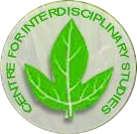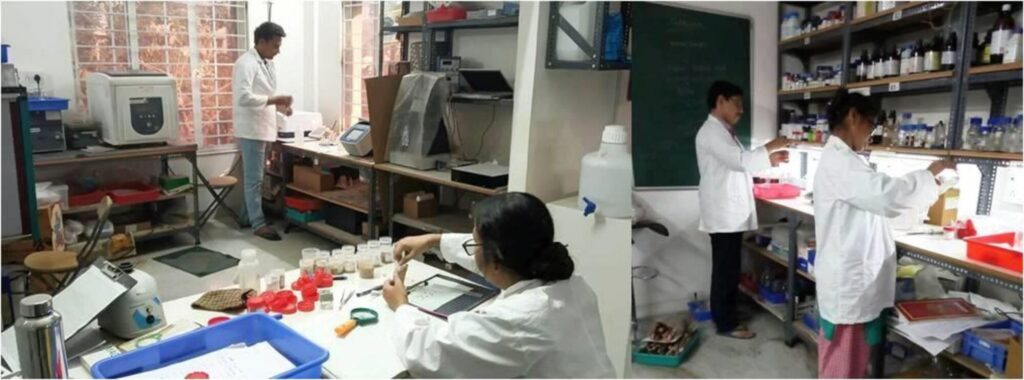
Owing to the paucity of resources, most of our research had remained confined to field surveys and on-farm experiments, with occasional support from academic friends. A new phase of Basudha’s journey, however, began in August 2014, when Mr. Avik Saha, lawyer, farmer rights activist and cultural activist of Kolkata, gifted to Basudha a well-equipped laboratory for conducting cutting edge biotechnology research. His unwavering enthusiasm, support and advocacy for Basudha’s work have enlisted a small group of committed donors, who continue to drive our laboratory research to complement our field experiments and conservation work.

We also have a greenhouse close to the laboratory, for conducting experiments with different plants, including rice.
This Laboratory for Conservation is the country’s – and perhaps the world’s – only laboratory that receives no funding from either the government or corporate sector for dedicated research work.
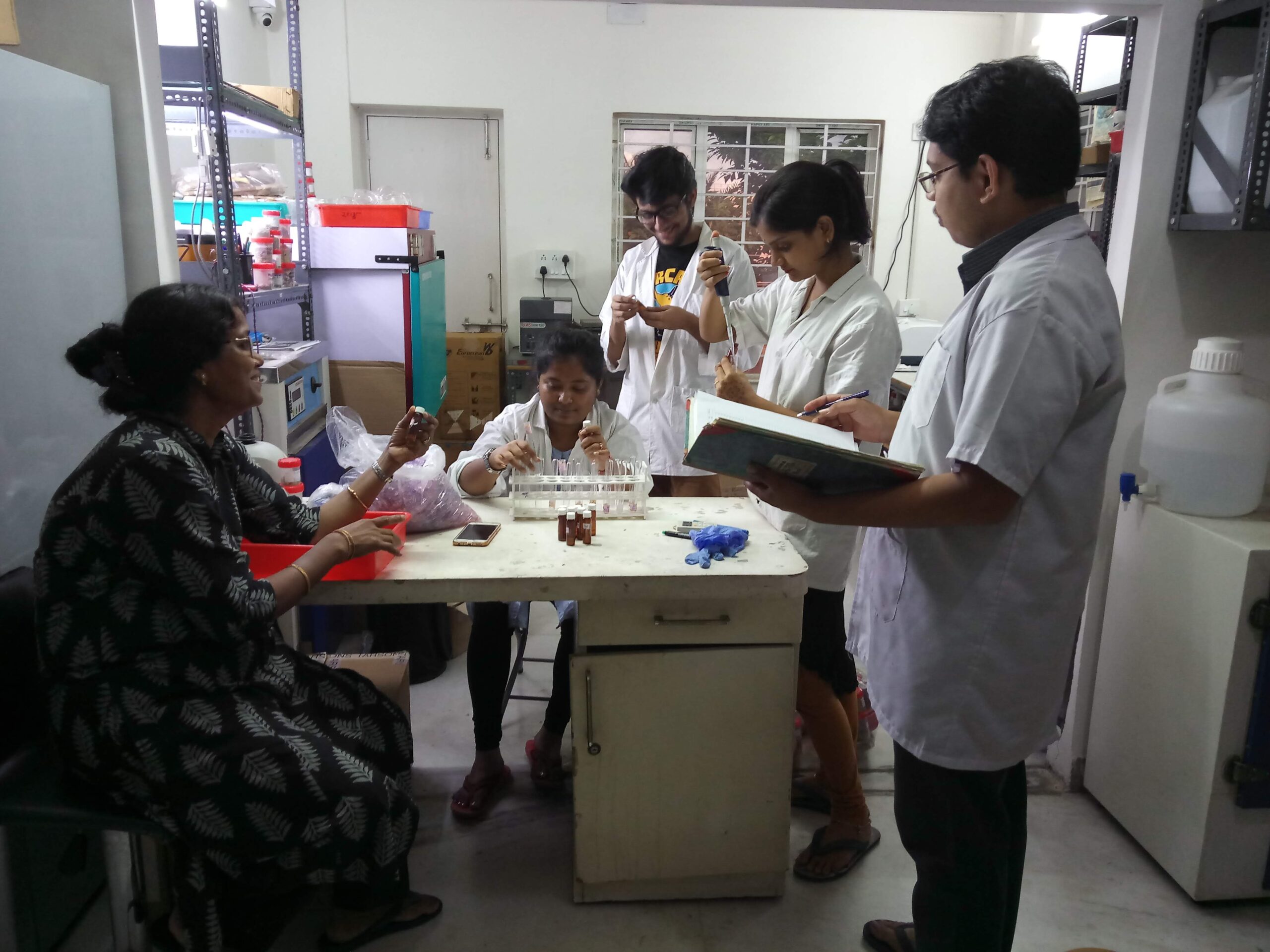
The primary objectives of Basudha’s Laboratory are:
(1) to facilitate conservation of Critically Endangered and Rare flora and fauna and crop genetic diversity; [More here]
(2) to conduct biochemical and molecular analyses of folk rice varieties,
(3) examine nutraceutical properties of forgotten varieties of rice, vegetables and uncultivated food flora, and
(4) publish findings of analyses in peer-reviewed scientific journals in order to preclude bio-piracy. See Publications
(5) share the research findings with the peasants and forest villagers for consolidating their indigenous food cultures and folk medicinal knowledge.
Basudha Laboratory maintains a collection of herbaria, comprised by several rare and endangered flora.
Basudha has published a series of ‘Data Papers’, containing valuable data obtained from our analyses in Basudha Laboratory.
Basudha holds Copyrights of these Data Papers, and permits any reader to use these data only with full citation including the web link.
Basudha Data Papers
# 1: Folk Rice Varieties of South Asia Adapted to Different Edapho-Climatic Conditions (2018)
# 2: Traditional Culinary Uses of Selected Rice Landraces of India (2018)
# 3: Nutritional Analyses of Selected Wild Plant Foods from Odisha (2019)
# 4: An Analysis of B Vitamins in Selected Indian Rice Landraces (2020)
Basudha Laboratory for Conservation also gives hands-on training to students and faculty of colleges and universities in molecular biology methods and techniques. The last such training was given from 21 to 25 Nov 2016. Watch out for Announcements for the next training event.
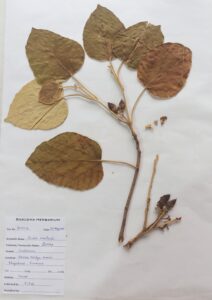
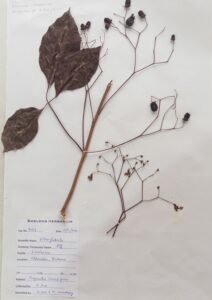
Research Director: Dr. Debal Deb.
Adjunct Scientists:
Prof. Indira Ghosh, Jawaharlal Nehru University, New Delhi.
Prof. Niranjan V Joshi, Indian Institute of Science, Bangalore.
Prof. Mousumi Poddar-Sarkar, Presidency University, Kolkata.
Collaborating Scientists: Prof. T. Pradeep, IIT-Madras; Dr. Anirban Basu, University of London; Prof. Subhas C. Santra, Kalyani University; Prof. Tapas Bandyopadhyay, Kalyani Univesity; Dr. Utpal Basu, Kalyani University; Dr. Tanima Saha, Kalyani University, Dr. Shubhra Mukherjee, Barasat College.
Research Scientist: Ms Payel Das
Volunteers: Ajanta Biswas, Golap Dasgupta, Priti Das, Shuvam Chowdhury, Sneha Tiwari.
Lab Supervisor: Dr. Mita Dutta.
Read our Annual Report (2018) here.
See Media Reports on our Lab Research:
2021: Down to Earth News
2017: http://www.bartamanpatrika.com/detailNews.php?cID=23&nID=71524&P=1
2017. http://www.thehindu.com/todays-paper/when-silver-grows-in-paddy-fields/article19437952.ece
2017: http://www.natureasia.com/en/
